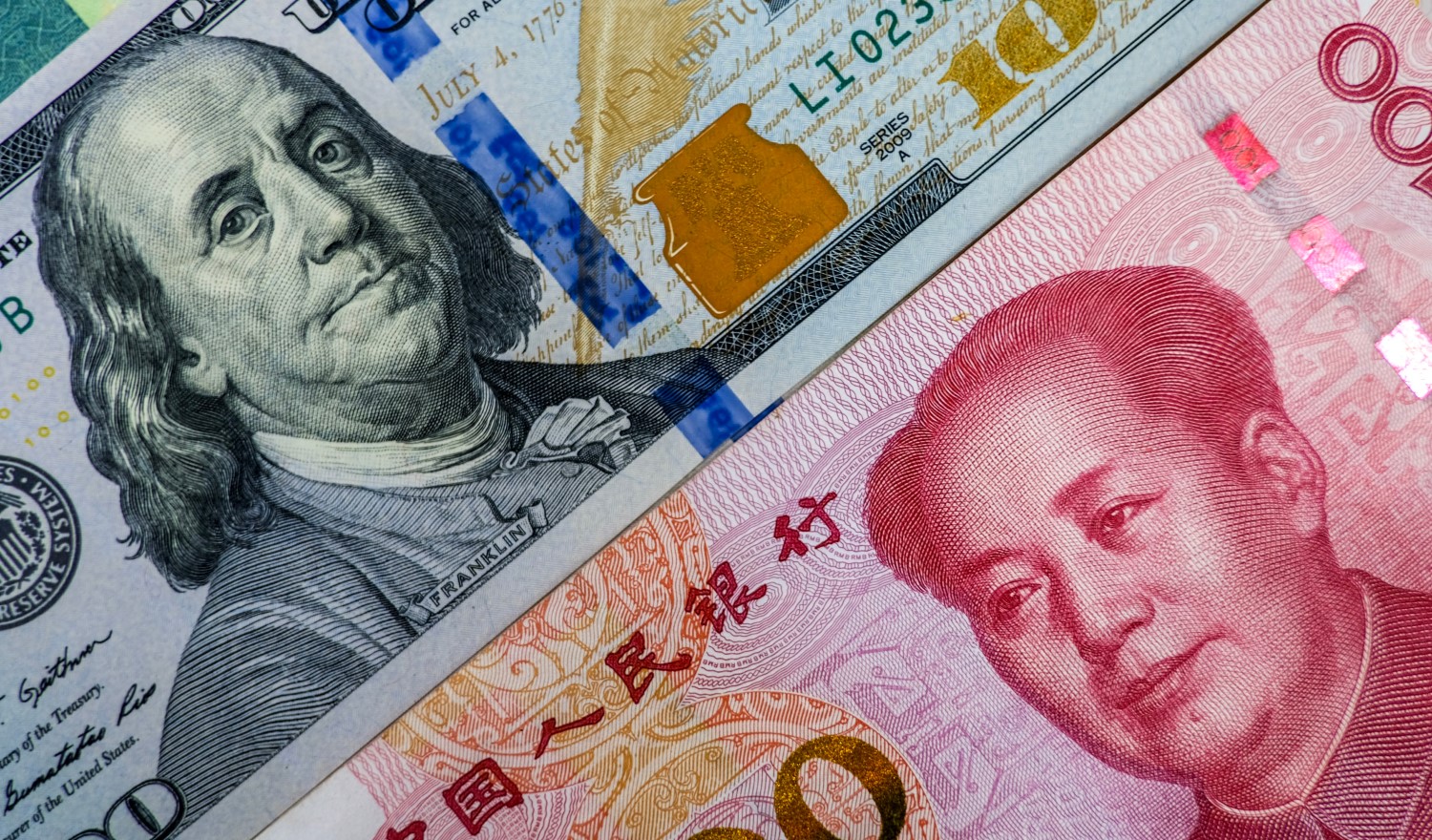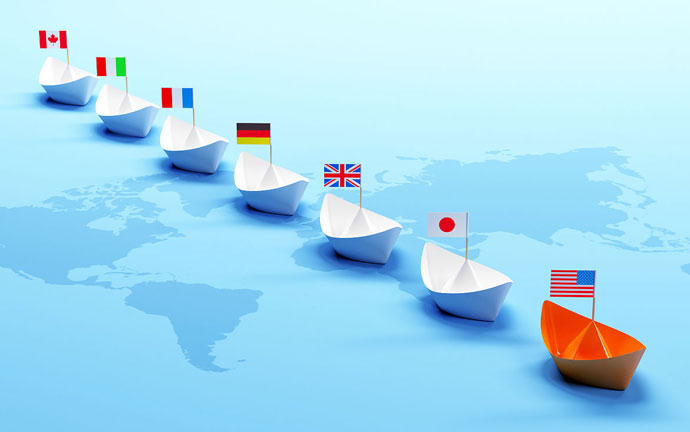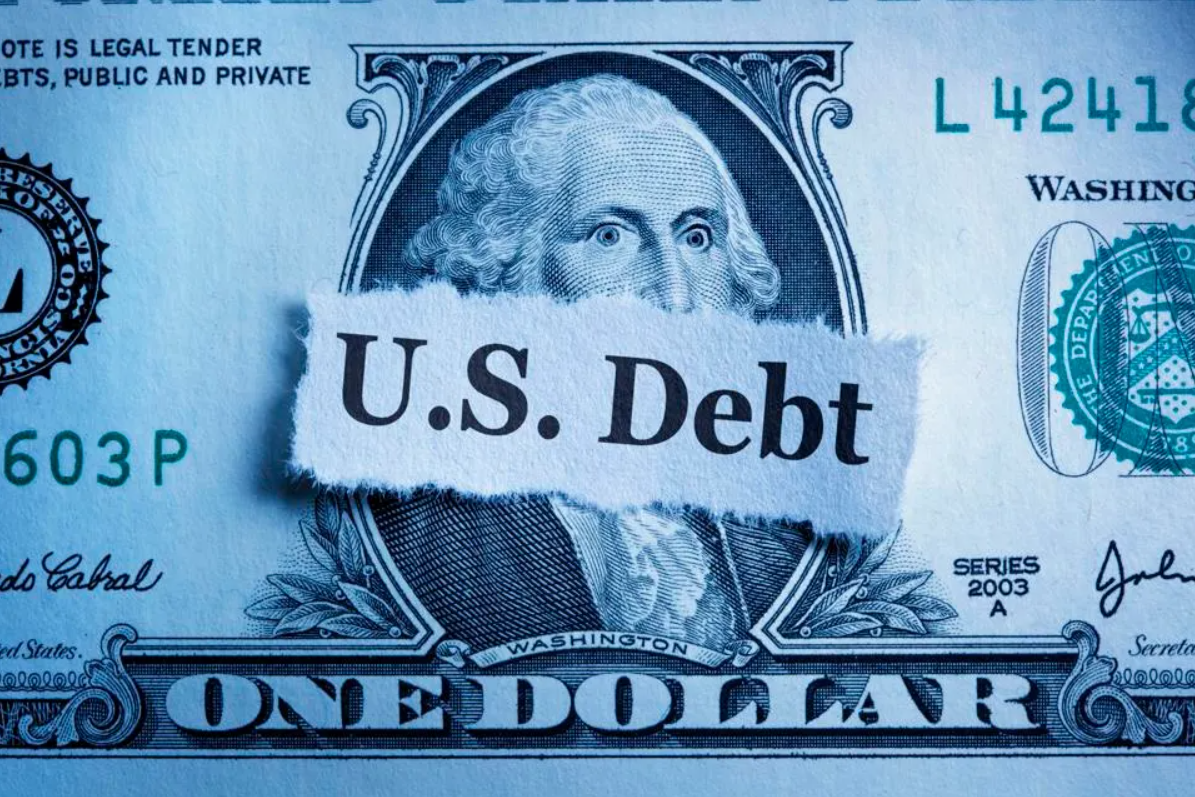
James Hinote, Geopolitical Strategist
Jul 04, 2023
Growing extreme partisanship in the U.S. has deadlocked the debt ceiling raising at a time when the U.S. Dollar is facing its greatest challenge as a global reserve currency. China has sought to increase cross-border transactions in the Chinese yuan and has signed more deals to achieve this with several countries. However, the yuan lacks global adoption of its currency and in alternative systems outside of countries that do significant direct business with China.
Earl Carr, Founder and Chief Executive Officer at CJPA Global Advisors
Nathaniel Schochet, Analyst and CJPA Global Advisors
Jul 03, 2023
Brazil, South America’s leader in GDP, has made several moves indicating a willingness to work with China in the near future. The establishment of the BRICS, as well as President Lula’s recent visit to China, should alert the West as to how Brazil has been swayed by China and its offerings.
Zhong Yin, Research Professor, Research Institute of Global Chinese and Area Studies, Beijing Language and Culture University
Jun 27, 2023
The country’s current slowdown in economic growth is a natural reflection of its development at an important moment. It has come to a point where efficiency and quality, rather than quantity, are what will really count in the long run.
James H. Nolt, Adjunct Professor at New York University
Jun 21, 2023
American playwright and humorist George Ade coined the maxim, “the higher they fly, the harder they fall,” toward the end of the Gilded Age more tha
Wang Yiwei, Jean Monnet Chair Professor, Renmin University of China
Jun 21, 2023
China no longer needs to move mountains or reclaim seas, as in ancient legend. Through technology, infrastructure, trade, finance, people and government policies such barriers have long since vanished. The BRI does, however, revive an essential ancient spirit.
Lili Yan Ing, Secretary General of the International Economic Association, Lead Adviser at Economic Research Institute for ASEAN and East Asia
Jun 19, 2023
The recent G7 summit in Hiroshima and the subsequent G20 tourism meeting in Kashmir underscored the stark contrast between the two groups’ rhetoric. While
Stephen Nagy, Professor, Department of Politics and International Studies at the International Christian University
Jun 09, 2023
China and Canada share a complex and strained relationship that have only worsened i n recent years. Despite increasing scrutiny of China, Canada’s government seeks to maintain economic ties in a manner consistent with Canadian values and interests.

Hu Dawei, Research Fellow, China Institute of International Studies
Jun 08, 2023
Hiroshima highlighted the decline of Western influence in global economic governance. The group’s inherent inadequacy arises from the desperate effort by a small group of member nations to maintain their dominant position in the world.

Yuan Sha, Associate Research Fellow, Department for American Studies, China Institute of International Studies
Jun 08, 2023
Political posturing shifted from “How to avert a debt crisis” to “How to get tough on China.” The squabble also reflected misgivings about China’s growing influence, as countries move away from the U.S. dollar and toward the yuan as a settlement and reserve currency.
Christopher A. McNally, Professor of Political Economy, Chaminade University
May 31, 2023
While the United States is experiencing dramatic levels of inflation, China is facing very low levels. Assessing various forms of economic stimuli, such as quantitative easing, is important to understand and mitigate current levels of inflation faced by economies all over the world.
Back to Top

- China-US Focus builds trust and understanding between the U.S. and China through open dialogue among thought leaders.
- Our Offerings
- Topics
- Videos
- Podcasts
- Columnists
- Research Reports
- Focus Digest
- Stay Connected
-
Thanks for signing up!
- Get the latest stories from China-US Focus weekly.